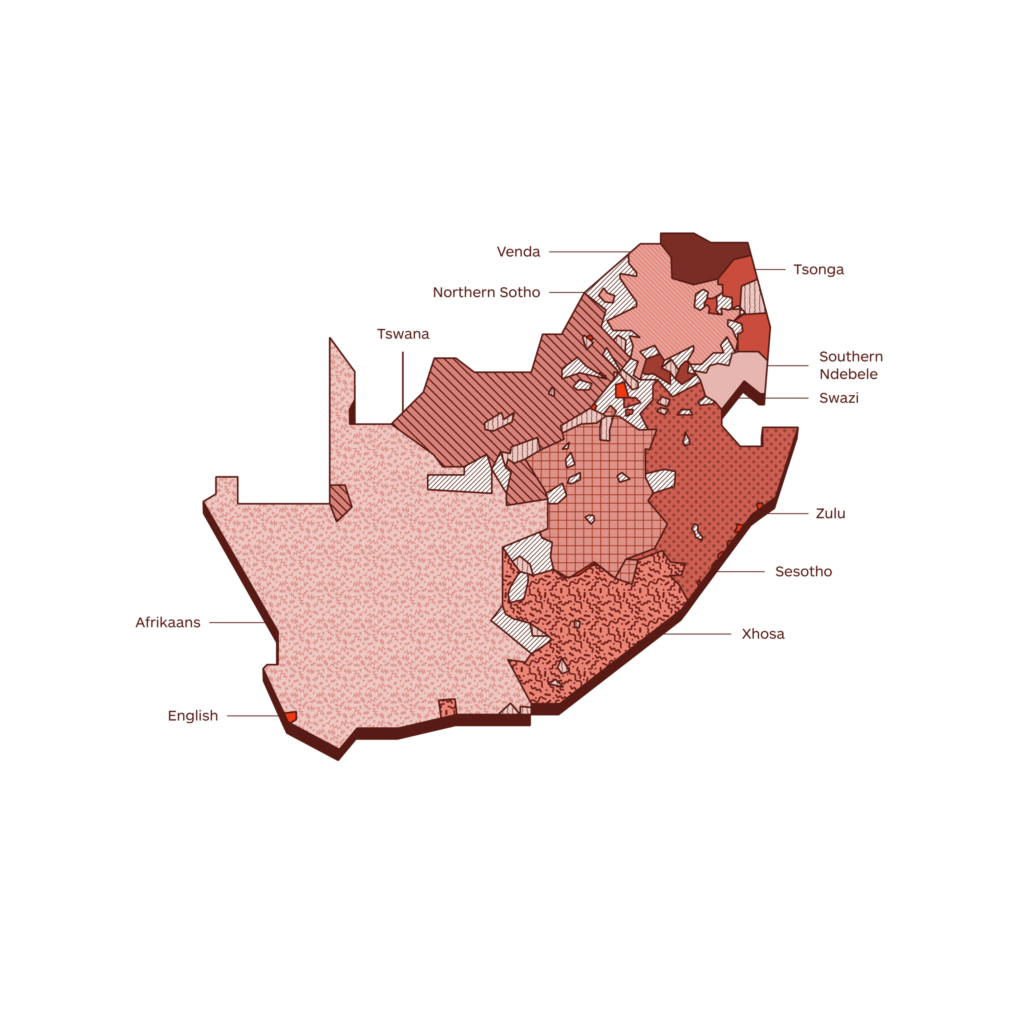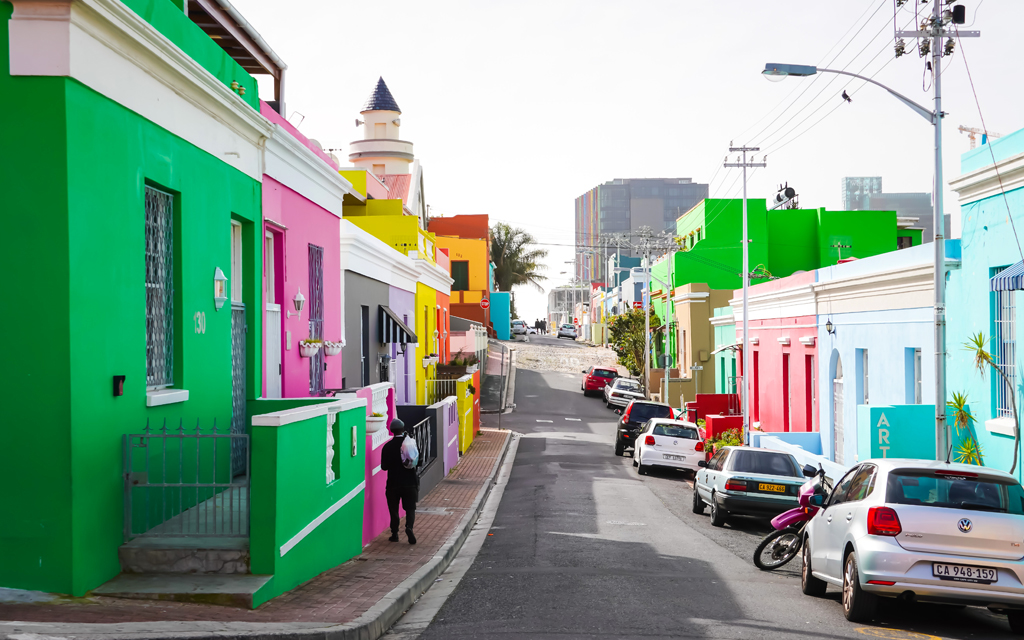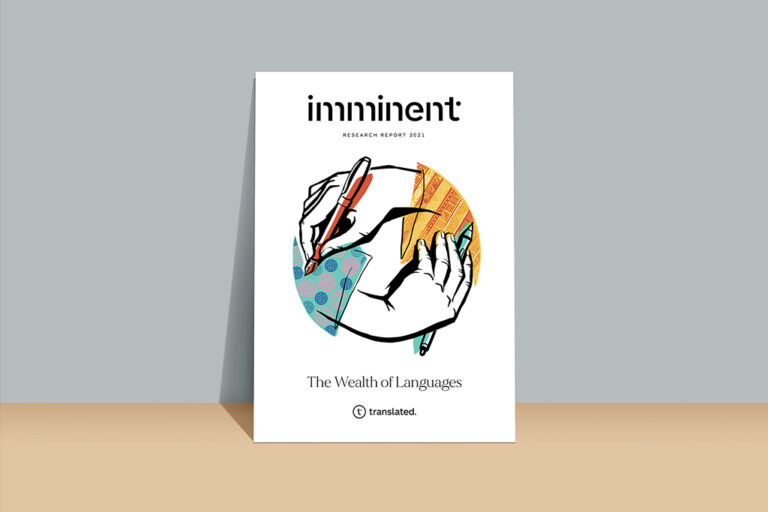Language
Zulu, Afrikaans, English and eight more languages are spoken in South Africa: marketing strategies should consider the political implications of each one. Here are the thoughts of multi-awarded author and journalist Luca de Biase is a professor at Pisa University, innovation editor at Sole 24Ore newspaper and a Member of the Mission Assembly for Climate-Neutral and Smart Cities, amongst many other roles and achievements.

English as an élite language
English has been the language of those that were building the new South Africa, in opposition to the Afrikaans spoken by the dominant white tribe that invented and implemented Apartheid. English is now the language of politics, trade, education, broadcasting and the media. For many people it is difficult to speak and learn English. This is because English is becoming a sort of language of hope to go, if one wants to move up the social hierarchy, while on the other hand it is also a language of power and polarization.
The Economist: “Under the 1996 constitution, all 11 of South Africa’s official languages “must enjoy parity of esteem and be treated equitably”. However, in practice English, the mother tongue of just 8% of the people, increasingly dominates all the other languages. Its hegemony may even threaten the long-term survival of the country’s African languages, spoken as the mother tongue of 80% of South Africans, despite the government’s repeated promises to promote and protect indigenous languages and culture stranded.
A polite marketing strategy language, should take into account the opportunity to express messages and offerings in the most spoken languages, such as Zulu, Xhosa, Pedi, Sotho, Tswana, Tsonga, and Afrikaans.
But to define the right strategy, one should also be creative with the media to use.

South Africa's first eleven languages
Percentage whose mother tongue is:
Source: 2022, Census
Internet usage in South Africa
There were 45.34 million internet users in South Africa in January 2024. The number of internet users in South Africa increased by 1.86 million (+2.4%) between 2023 and 2024. Internet penetration in South Africa stood at 72.3% in January 2023.
Source: Datareportal 2024
Social media users in South Africa
There were 26.00 million social media users in South Africa in January 2024. The number of social media users in South Africa increased by 200k (up 0.8%) between April 2023 and January 2024. Social media penetration in South Africa stood at 74.7% in January 2024.
Source: Datareportal 2024
Social network user penetration in South Africa from 2017 to 2023
Source: Statista, Digital Market Outlook; 2017 to 2018
Mobile connections in South Africa
There were 118.6 million mobile connections in South Africa in January 2024. The number of mobile connections in South Africa increased by 5.6 million (up 8%) between January 2023 and January 2024. The number of mobile connections in South Africa in January 2024 was equivalent to 195.4% of the total population.
Source: Datareportal 2024
Xhosa and Zulu
At Rhodes University a debate goes on. After having celebrated the first PhD thesis written in isiXhosa, researches who feel that it is important for a language to preserve a cultural heritage are still having a hard time. “Middle class is not proud of their heritage. As South Africans celebrate Heritage Day on Monday, academics and African languages’ specialists warned of the death of isiXhosa — the corner- stone and one-time proud heritage of the Xhosa speaking people. IsiXhosa is spoken in all nine provinces of the country and neighbouring African nations, but predominantly in the Eastern and Western Cape. According to experts, the emergence and influence of social networks and media sites has drifted the middleclass, especially the youth, further from their mother tongue, with English being the dominant language preference.
Professor Peter Mtuze, aurthor, publisher and retired African language professor at both Rhodes University and Fort Hare, said the fact there was no mainstream isiXhosa newspaper was proof that the language was unpopular. Since the demise of Imvo, a Xhosa newspaper, we have not seen any relevant newspaper written in isiXhosa. In provinces like KwaZulu-Natal, you have prominent newspapers written in isiZulu supported by their people. Imvo did not survive because no one was reading it,” Mr Lukhanyo Sigonyela, said.

Imminent Annual Report 2021
Fit your business in global shape. Get your copy of Imminent Annual Research Report 2021. And let us know what you think.
Get your copy nowMr. Lukhanyo Sigonyela, Provincial Senior Language Practitioner for the Pan South African Language Board (Pansalb), echoed Prof Mtuze’s sentiments. “Our indigenous languages are below par compared to English and Afrikaans in this country. Xhosa-speaking people don’t see the value in their language, but if you speak nice English people see you as intelligent.” he said.
Acting Editor-in-Chief of the isiXhosa National Lexicography unit at the University of Fort Hare in Alice, Mr Zola Wababa, said isiXhosa had been surpassed by English, a language associated with status. He said while isiXhosa was the dominant language in the Eastern Cape, there was no economic value attached to it. “Publishers are reluctant to publish a Xhosa book because they don’t see the market value,” Mr Wababa said.
From this debate, it appears that isiZulu is a language that has more traction in the media.

Is translanguaging an opportunity?
Sara Vogel and Ofelia Garcia expain: “Translanguaging is a theoretical lens that o!ers a di!erent view of bilingualism and multilingualism. The theory posits that rather than possessing two or more autonomous language systems, as has been traditionally thought, bilinguals, multilinguals, and indeed, all users of language, select and deploy particular features from a unitary linguistic repertoire to make meaning and to negotiate particular communicative contexts. Translanguaging also represents an approach to language pedagogy that affirms and leverages students’ diverse and dynamic language practices in teaching and learning”.

Imminent Annual Report 2021
Fit your business in global shape. Get your copy of Imminent Annual Research Report 2021. And let us know what you think.
Get your copy nowIs translanguaging an opportunity in South Africa? There are some experiments in the South African education system. Lara-Stephanie Krause & Mastin Prinsloo, wrote a paper: Translanguaging in a township primary school: Abstract: We draw on a translanguaging perspective in this paper to examine teaching in schools where heteroglossic languaging practices in classrooms encounter less fluid language ideologies in educational policy and assessment practices. In an ethnographic-style case study in a Khayelitsha school, the teachers’ languaging in classroom teaching is shown to be fluid, mixing language resources, often in creative and helpful ways. One typical discourse pattern is that of ‘complementary translanguaging’, where resources are meshed without translation from one named language to another.
On the other hand, ‘reproductional translanguaging’ also occurs, where meaning is first made using one set of language resources and then made again using another set. We find that teachers apply the language resources at their disposal with some skill to make learners engage with subject content. However, the institutional language ideologies that materialise in the school’s language policy and in testing regimes, turn such skilful language practices from an asset into a relative disadvantage. While aware that they are transgressing the principal’s language policy as well as knowing that their students are struggling with monoglossic examination requirements, teachers continue to translanguage for the pedagogic advantages this brings, despite the rigid, separatist language ideologies that inform school management.
Translanguaging in a township primary school: Policy and practice
Photo credits: Mpumelelo Macu, Unsplash / Devon Janse van Rensburg, Unsplash / Doug Linstedt, Unsplash
